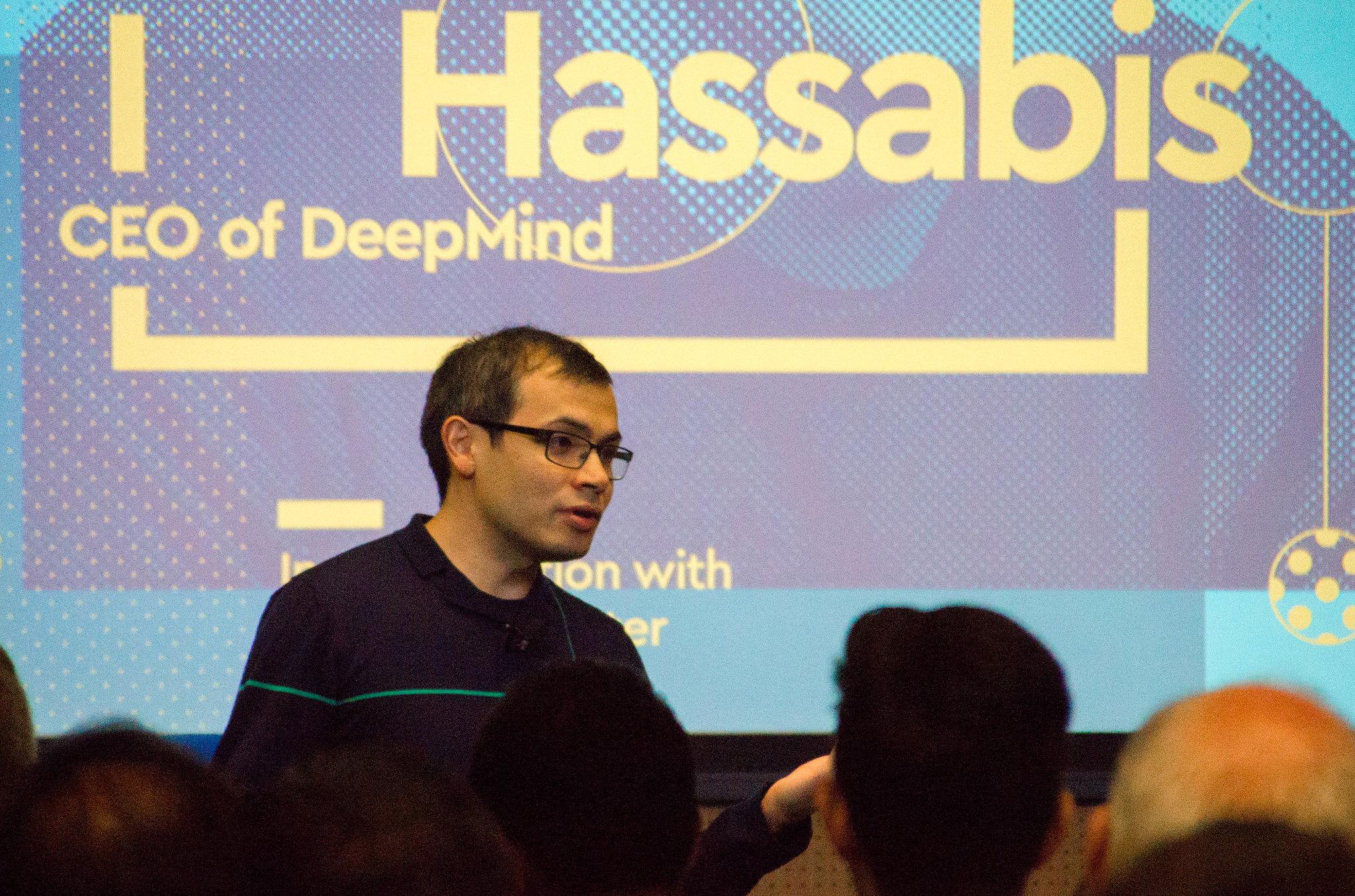Deepmind chief doesn't see AI reaching its limits anytime soon - but still warns against hype

AI is both overrated and underrated, says Deepmind founder Demis Hassabis.
According to Hassabis, the massive hype and huge sums of money currently being invested in AI are obscuring scientific progress.
The head of AI research at Google told the Financial Times that the billions being poured into AI start-ups and products "brings with it a whole attendant bunch of hype and maybe some grifting and some other things that you see in other hyped-up areas, crypto or whatever."
Hassabis expects many AI startups to fail because they will not be able to meet the technology's enormous demands on computing power. Even experiments with new architectures and techniques would have to be massive to keep up at the top.
"There doesn't seem to be any limit to how far you can push them [the models]. So one has to push that as hard as possible," Hassabis says of the massive AI models currently being researched.
This is difficult for small startups trying to build a business and a product at the same time, and Hassabis expects consolidation in the industry as a result.
"In a way, AI's not hyped enough but in some senses it's too hyped. We're talking about all sorts of things that are just not real," he says.
AI could lead to new "golden era"
Despite the hype, Hassabis believes the potential of AI is far from exhausted: "We’re at the beginning, maybe, of a new golden era of scientific discovery, a new Renaissance," says the Deepmind founder.
The company has developed AlphaFold, an AI system for science, and is bringing this progress to the market in the form of new drugs with the startup Insilico and Google.
Hassabis puts the chances of an artificial general intelligence (AGI) in the next ten years at 50 percent, even if it still needs "one or two" decisive breakthroughs driven by scientific methodology. "I wouldn't be surprised if it happened in the next decade," he said.
When asked by The Sunday Times about reports that Apple is in talks to use Google's Gemini AI model in its smartphones, Hassabis declined to comment specifically.
However, he noted that "Google historically has had many very deep partnerships, from hardware to software products, and I expect that to continue."
AI News Without the Hype – Curated by Humans
As a THE DECODER subscriber, you get ad-free reading, our weekly AI newsletter, the exclusive "AI Radar" Frontier Report 6× per year, access to comments, and our complete archive.
Subscribe nowAI news without the hype
Curated by humans.
- Over 20 percent launch discount.
- Read without distractions – no Google ads.
- Access to comments and community discussions.
- Weekly AI newsletter.
- 6 times a year: “AI Radar” – deep dives on key AI topics.
- Up to 25 % off on KI Pro online events.
- Access to our full ten-year archive.
- Get the latest AI news from The Decoder.